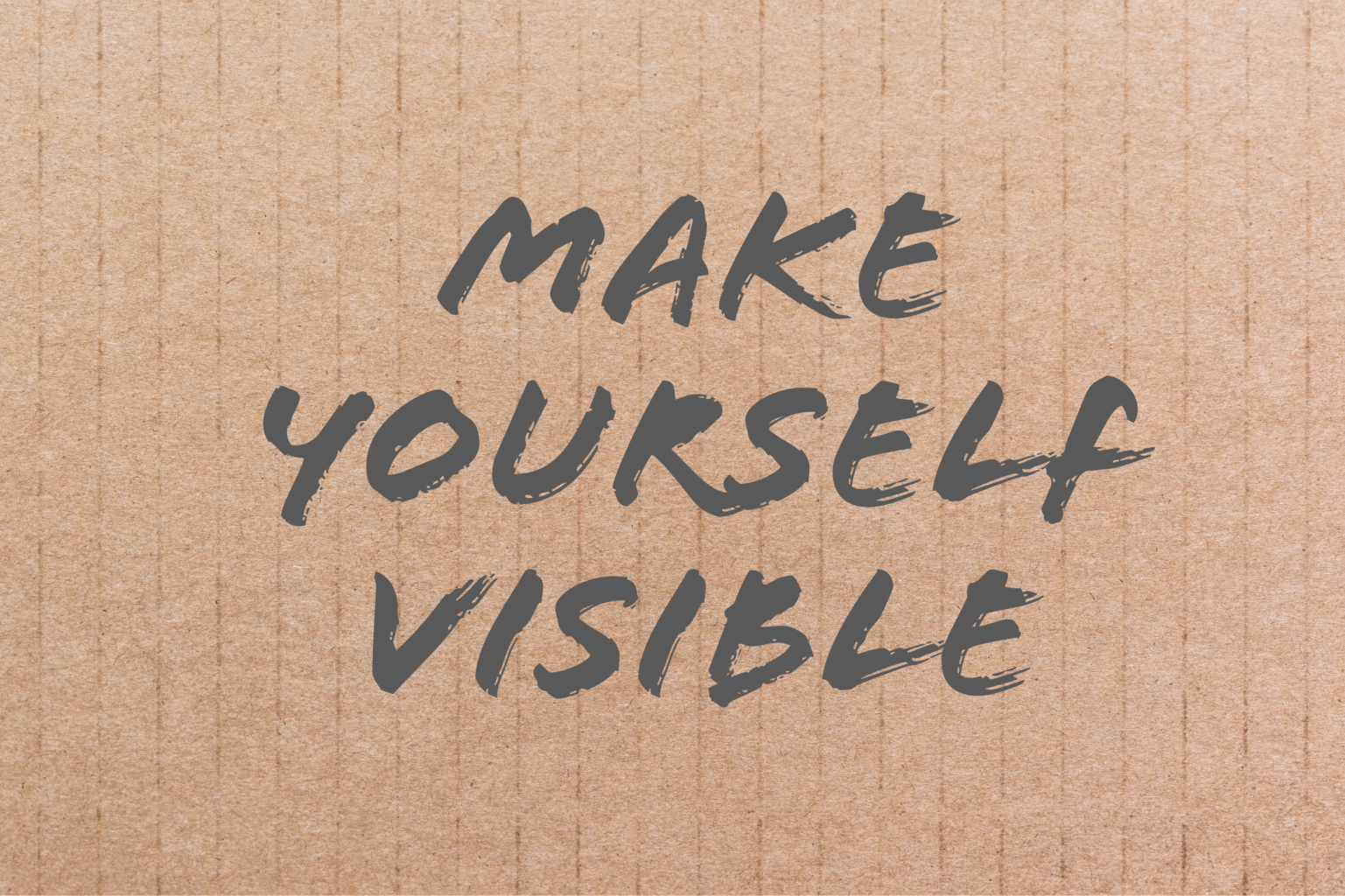Feeling dizzy can easily be one of the most disruptive symptoms of anxiety. You might find yourself feeling lightheaded. It can feel as though you need to sit or lie down, and in some cases changing your positioning still does not stop your symptoms. For others, the dizziness may be accompanied by other symptoms that can cause you to believe your life is in danger.
Causes of Dizziness
Dizziness can be a very serious symptom of other issues such as low blood pressure, anemia, getting up too fast, or more serious conditions like multiple sclerosis. If it is the first time you are experiencing dizziness – especially if the dizziness is severe – it is a good idea to visit your primary care provider.
If anxiety is the cause of your dizziness, there are several possible causes:
- Hyperventilation — This is one of the most common causes. It often occurs during an anxiety or panic attack, but it can occur at any moment when you suffer from anxiety. Hyperventilation is the result of breathing too quickly and blowing off too much carbon dioxide. When you think of anxiety-induced hyperventilation, you imagine someone being unable to catch their breath and speak in clear sentences. This lowers your carbon dioxide levels but you also cannot take in enough oxygen. This is usually why people are instructed to breathe slowly into a paper bag.
- Panic — Panic attacks may induce dizziness in several ways. The most common is through hyperventilation or “fast breathing” that constricts blood vessels to the brain. It is also not uncommon for the rush of adrenaline to make you feel lightheaded, worsening the dizziness. Dizziness is also a response to perceived illness, and the extreme anxiety of a panic attack may cause your body to think it is sick.
- Dehydration — Dehydration can also cause the sensation of dizziness and/or lightheadedness. Anxiety does not cause dehydration, but those that suffer from anxiety are more prone to becoming anxious when dehydrated. Also, anxiety can exaggerate physical sensations, making them feel worse than they actually are. So mild dizziness from dehydration may be described as severe dizziness.
Anxiety-induced dizziness tends not to last long, although it can fluctuate fairly quickly in the midst of intense anxious moment. If your dizziness prevents you from standing or lasts more than a few minutes without resolving, it is best to contact your primary care provider, because it might not be caused by merely anxiety.
Managing Your Dizziness
Still, dizziness can be frightening and disruptive. There is no denying that individuals would rather live without these symptoms. Having to deal with dizziness can start to create a perpetual cycle of worsened anxiety that can then cause more dizziness. It can also trigger the beginning of a panic attack, making the entire experience a nightmare.
If you are currently feeling dizzy, try the following:
- Breathe Slower and Deeper — Often anxiety attacks feel as though you cannot obtain a full breath. When in actuality, you are breathing too quickly and inadvertently forcing yourself to “over-breathe”. Instead, you end up taking rapid, shallow breaths. You should slow your breathing by counting breaths or breathing into a paper bag to correct your carbon dioxide levels.
- Close Your Eyes — If you can safely close your eyes, try keeping them closed for a few minutes. Dizziness can have visual aspects that cause you to feel as if the room is spinning. With your eyes closed, it removes that particular sensory input. This should ease some of your dizziness and decrease the likelihood of nausea and vomiting.
- Drink Water — If you can walk comfortably, try drinking some water. This is important for those whose dizziness is related to dehydration. It can also be beneficial because the cool water has a tendency to relax the body.
- Focus on a Spot — Many ballet dancers that get dizziness from spinning find that they can obtain a bit of relief if they stare at one spot in the distance. While having symptoms, consider staring at a stationary spot which can help your eyes and mind get back under control.
You may also just have to wait it out a bit. Dizziness caused by anxiety is usually fairly temporary. There is no pill or supplement that you can take to relieve it.
Preventing the Dizziness From Returning
Keep in mind that dizziness can be both the result of anxiety and also its cause. If your primary care physician has ruled out other medical causes that could start dizziness, the next thing to consider would be controlling your anxiety. Because until your anxiety is resolved, the symptoms will continue to return.
First, make sure that you are practicing your breathing techniques. Work on retraining your body to breathe deeper and slower to lessen hyperventilation episodes. When you suffer from certain types of anxiety conditions, you can hyperventilate spontaneously without any triggers.
Next, make sure that you are eating healthy, drinking water, exercising, etc. Once again, anxiety can cause dizziness that can induce more anxiety, in one vicious circle. To prevent both anxiety and dizziness, you should maintain your health to the best of your ability.
Finally, create an anti-anxiety routine. There are various ways to control anxiety symptoms. You will need to start by finding out what type of specific anxiety you are suffering from, and then you can pinpoint certain anxiety management options that will lessen your symptoms.
source :
How to Stop Anxiety Dizziness (calmclinic.com)
Micah Abraham, BSc






